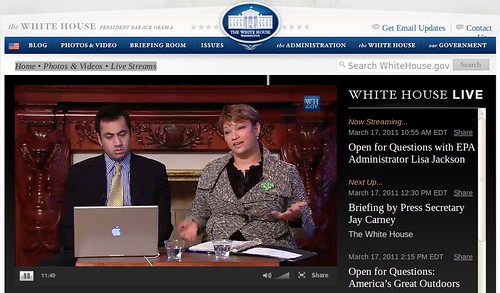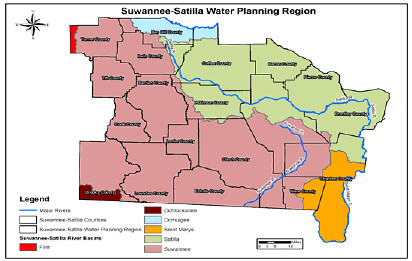
Homegrown local industry not far east of here!
Dean Poling wrote in the VDT yesterday,
Merged libraries create largest genealogical center in East:
Two regional libraries officially merge this weekend, creating what should
be the most comprehensive genealogy facility in the Eastern United States.
On Sunday, the Elmer’s Genealogical Library of Madison, Fla.,
merges with the Huxford Genealogy Library in Homerville to become the
Huxford-Spear Genealogical Library.
The new library will be located in Homerville. Elmer Spear has closed
his Madison, Fla., facility and moved his library’s 26,326 books,
which covered 85 percent of a mile in shelving, to the newly named
Huxford-Spear Genealogical Library.
Spear’s volumes join the Huxford collection.
I’m a Huxford Library member, and my 990 page family history book
is in there, so I’m all for this.
Looks to me like an example of a local attraction started by local
people that can turn into a local industry.
Hey, look, the VDT thinks so, too, in their
editorial of the same day:
Continue reading →
 To get an idea of why big timber growers might find biomass attractive,
here’s an article by Terry Dickson in the Florida Times-Union from 20 June 2005,
State’s forestry industry in an ‘alarming decline’
To get an idea of why big timber growers might find biomass attractive,
here’s an article by Terry Dickson in the Florida Times-Union from 20 June 2005,
State’s forestry industry in an ‘alarming decline’









